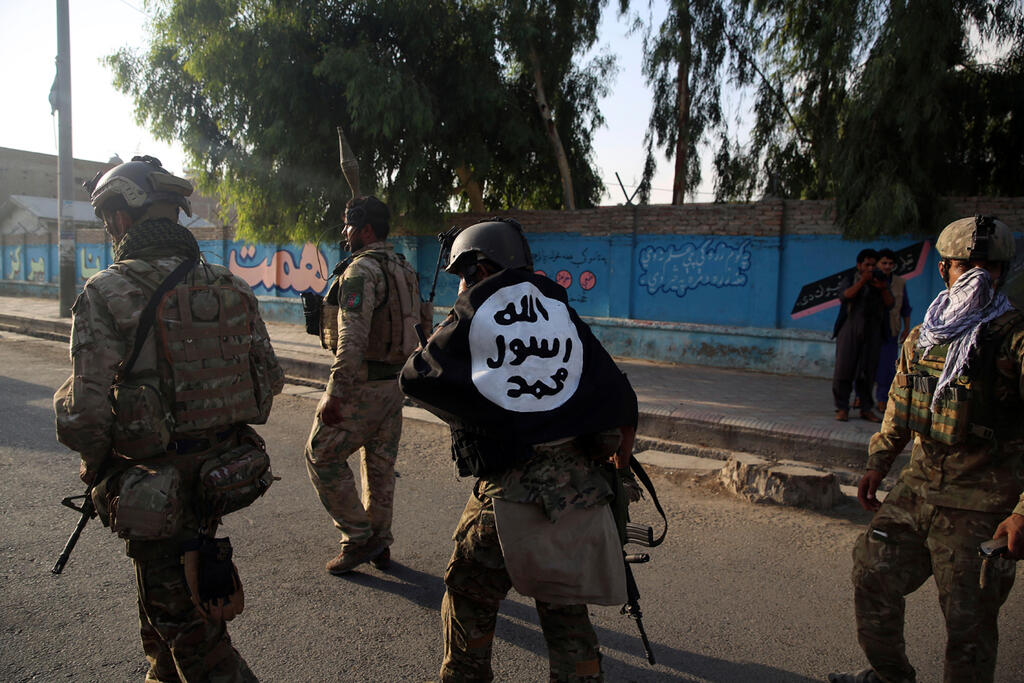Getting your Trinity Audio player ready...
Salafi-jihadi military organizations, particularly Islamic State and al-Qaeda, are becoming a substantial threat to the security of the West. The organizations also pose an existential threat to world order, provoking domestic and global trends that endanger Western values more broadly.
Islamic State and al-Qaeda themselves are more than just tactical terrorist groups; they are insurgencies. As insurgents, they aim first to overthrow all existing governments in the Muslim world and replace them with their own, and later, to attack the West from a position of power to spread their ideologies more widely. These groups now want to take war into the West to fulfill their grand strategic objective of establishing a global caliphate.
Strategies to counter groups such as Islamic State and al-Qaeda will therefore require a multi-faceted coalition approach. Western superpowers must lead the resistance and ensure the continuation of existing guarantors of international security such as NATO to counter this mounting terror threat from these groups.
The threat appears particularly evident in Russia. In March of this year, several gunmen opened fire at a rock concert in Moscow, killing over 130 people. An Islamic State branch known as ISIS-K claimed responsibility for the attack.
After years of warnings that Islamic State was rebuilding capacity and resolve to resume an international terrorist campaign, the Moscow attack showed that the threat is now imminent and substantial. In recent years, the vast majority of successful ISIS-K attacks have been in Afghanistan, with many targeting the minority Shia Muslim Hazara community. But it is becoming apparent that if ISIS-K is indeed responsible for the Moscow attack, we should prepare for further attempted attacks – not just in Russia but across Europe and the rest of the West.
But the Islamic State in general, and ISIS-K in particular, have long proclaimed their intention of striking Russia, in particular. This may well be due to Russia’s earlier military occupation of Afghanistan in the 1980s and its long history of restrictions on Russian Muslim communities, particularly in the North Caucasus.
 Eran Lahav
Eran LahavTellingly, many of the ISIS-K militants arrested across Europe, including in Russia, over the past two years have also been Russian nationals and people from Central Asia with links to Russia. Russia also provides a lifeline to the brutal regime of Bashar al-Assad in Syria.
The attack in Moscow is a clear reminder we must not overlook the growing terror risk in Afghanistan and the threat these groups pose to the West. In June this year, al-Qaeda’s leader in Afghanistan, Saif al-Adl, issued a call to foreign fighters around the world to migrate to Afghanistan and join the ranks of the jihadi terror group. This latest call from Adl shows that al-Qaeda is indeed looking beyond Afghanistan’s borders with ambitions to target the West.
The fact that al-Qaeda is championing Afghanistan as fertile ground to train for terrorist attacks on the West over 20 years after 9/11 is no surprise. There are no easy answers, but turning away will only make the situation worse.



